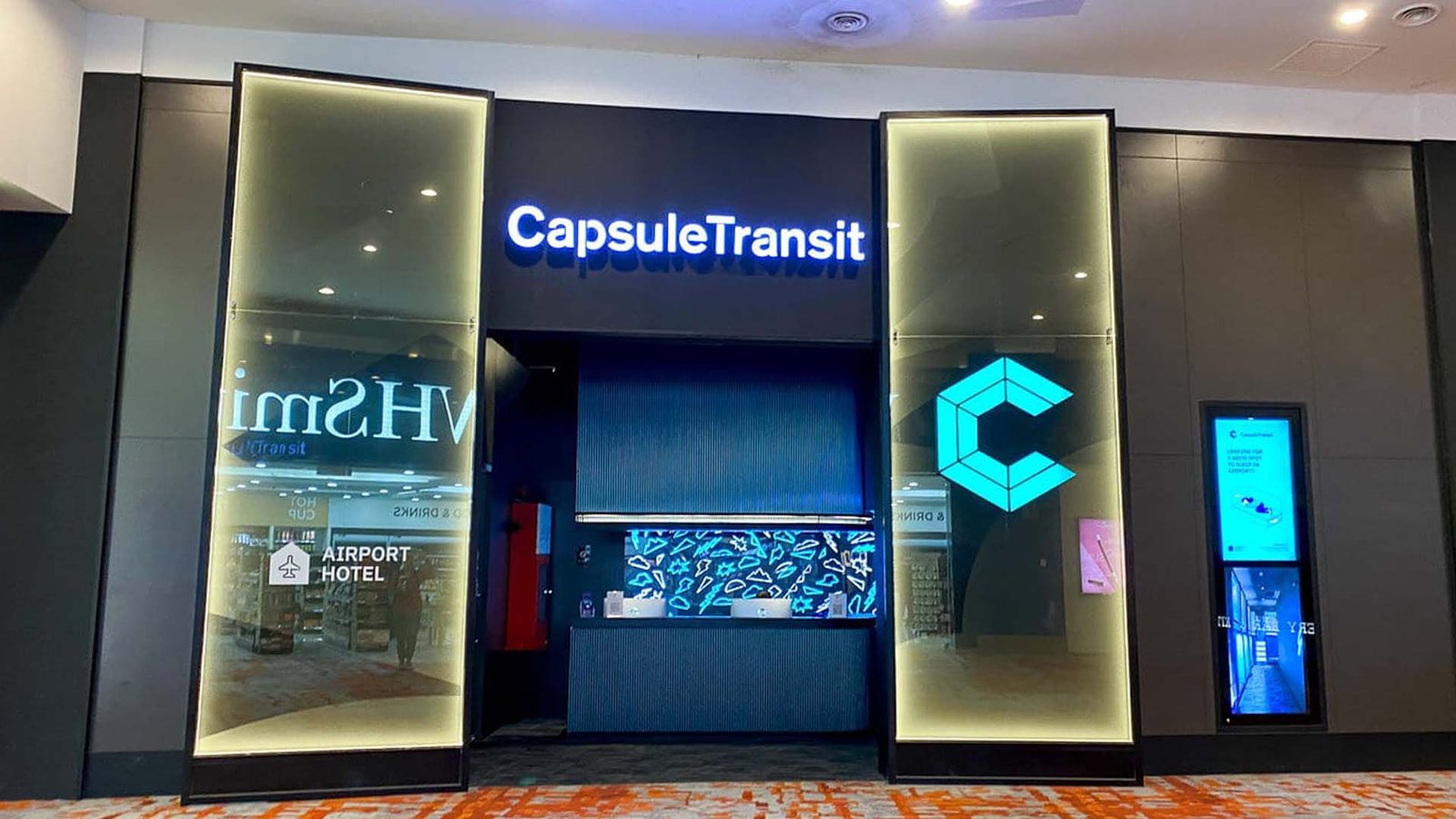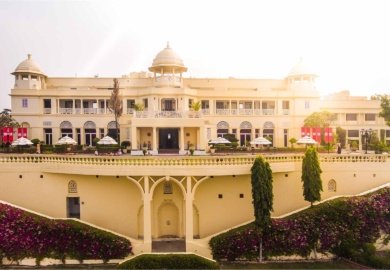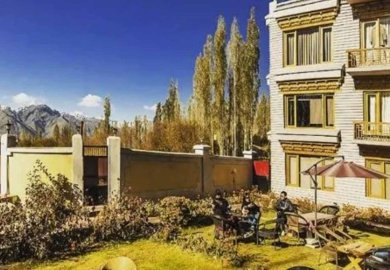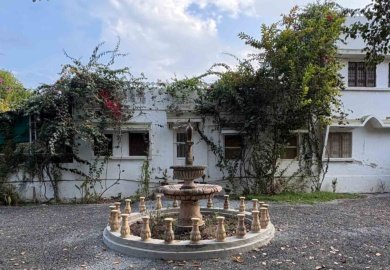The night before was chaos. Phuket, in all its neon excess, had swallowed me whole. Buckets of drinks that laughed at moderation, bars that blurred into each other, music that never dipped, and strangers who became friends for the span of a song. The air was thick with smoke and salt, and at some point, in the early hours, I forgot whether I was celebrating, escaping, or just keeping pace with the island’s pulse.
And then morning arrived. Cruel, unrelenting, bright.
I dragged myself onto a flight bound for Kuala Lumpur, the first leg on my way to Bali. The itinerary looked simple enough when I booked it: Phuket to KL, KL to Bali. Two flights, one layover. A neat little connection that travel apps make look painless.
But there it was, hiding in plain sight: a seven-hour stopover at KLIA2.
Seven hours. Not long enough to justify leaving the airport, too long to suffer in the bright, soulless corridors. Seven hours meant you were stuck in transit, condemned to walk laps through duty-free aisles, sip overpriced coffee you didn’t want, and wage war with plastic chairs designed to keep you alert, not comfortable.
By the time I stumbled off the AirAsia flight, my skin sticky from Phuket’s humidity and the cabin’s recycled air, I was running on fumes. My body screamed for sleep. My mind begged for silence. The thought of waiting seven hours under fluorescent lights felt unbearable.
And that’s when I saw it.
Tucked away in a corner of the airside terminal, past the glitter of cosmetics counters and the endless fast-food queues, was something that didn’t quite belong. Clean, geometric, glowing softly in whites and grays: The Capsule Hotel.
It didn’t look like a hotel. It looked like an invitation.
First Impressions – The Glow in the Terminal
KLIA2 is not a quiet place. It is a hive. Bright, loud, relentless. People wheel luggage in endless streams, announcements drone every few minutes, and the air smells faintly of fried oil and disinfectant. It’s an airport that thrives on movement, not stillness.
So to find the Capsule Hotel within that chaos was like discovering a cave in a storm.
From the outside, it looked more like a futuristic art installation than a place to sleep. Pods stacked neatly in rows, their outlines lit with soft LEDs. A reception desk that hummed with quiet efficiency. Behind the counter, a row of clocks displayed different time zones, as if to remind you that you were everywhere and nowhere at once.
I dragged myself to the desk, bag slung low, words tumbling out half-coherently: “Need sleep.”
The receptionist didn’t flinch. She smiled, asked how many hours I wanted, and slid a form toward me. “Three hours, six hours, or twelve?” she said.
“Seven,” I muttered, unsure whether I was asking for rest or mercy.
She nodded, as if she’d seen this story a hundred times before and handed me a key card.
The Pod – Luxury in Miniature
There is something deeply humbling about stepping into a space no larger than a walk-in closet and realizing it has everything you need. My capsule was one of dozens, arranged like futuristic honeycombs. The door slid open with a quiet click, and I stepped inside.
The design was stripped of excess. A firm mattress stretched wall to wall. A pillow, neither indulgent nor stingy, waited at one end. Above me, a small shelf for essentials. A reading light obedient to a switch. A power outlet – a detail worth its weight in gold when your phone is your boarding pass, map, and lifeline.
And most importantly: a sliding door that shut with a solid, satisfying sound, sealing me off from the airport’s relentless churn. Inside, there was no terminal. No announcements, no footsteps, no clattering wheels. Just me, the hum of air-conditioning, and a silence that felt almost medicinal.
Minimalism here wasn’t aesthetic. It was survival.
The Experience of Sleep – Resetting Time
Airports are built to deny sleep. Bright lights, unforgiving chairs, constant interruptions. They are temples of movement, designed to keep you awake and consuming.
But inside that capsule, the airport ceased to exist.
I stretched out on the mattress, exhaled for the first time in hours, and let exhaustion do its work. It wasn’t the kind of deep, dream-rich sleep you find at home. It was something rawer, more primal – a body grabbing the chance to reset. The kind of sleep that feels like plugging yourself back into the socket of being alive.
I drifted in and out. Once, I woke to the muffled shuffle of another traveler returning to their pod. Once, I stirred as rain tapped faintly against the terminal roof. But mostly, I slept.
And when I finally woke, hours later, I was unrecognizable to myself. Not fully refreshed, not transformed – but human again. The kind of human who could face immigration lines and boarding gates without wanting to collapse.
Shared Spaces – Strangers in Transit
The Capsule Hotel isn’t just a row of pods. Beyond the doors lay a shared lounge: beanbags slouched in corners, long tables lined with sockets, Wi-Fi humming through the air.
Travelers occupied the space like cats in borrowed sunlight. Some hunched over laptops, typing furiously, deadlines chasing them even at 35,000 feet. Others sprawled across beanbags, headphones clamped on, shoes discarded like anchors. A few simply dozed upright, coffee cooling in paper cups at their side.
The showers were another kind of salvation. Steam rose like mercy, washing away the sweat of Phuket, the dryness of recycled air, the heaviness of the road. The towels smelled faintly of detergent and order. I stood there under hot water, letting it scrub not just my body but the fatigue lodged deep in my bones.
Conversations sparked in passing. A man from Melbourne, heading to Tokyo. A woman from Jakarta, en route to London. Questions repeated like mantras: Where are you from? Where are you going? How long is your layover?
But mostly, silence prevailed. Because the Capsule Hotel was not about mingling. It was about retreat.
Reflections – Airports as Non-Places
Anthropologist Marc Augé once called airports “non-places.” Spaces that don’t exist to be lived in, only passed through. You don’t belong to them; you borrow them, briefly. And yet, the Capsule Hotel felt like a rebellion against that idea. It was a space carved out of transit, a small square of belonging in the middle of nowhere.
Inside that pod, I wasn’t just passing through. I was pausing. Living, in the simplest sense. Sleeping, dreaming, being.
It made me think about what travel has become. We chase destinations – beaches, temples, cities with names that glow on Instagram. But the truth is, we spend so much of our lives in transit. In airports, on trains, between places. The Capsule Hotel doesn’t try to disguise that. It embraces it. It says: Here, in the in-between, you are allowed to rest.
Food and Functionality
The Capsule Hotel doesn’t try to be everything. It doesn’t serve gourmet meals or offer cocktails on rooftops. Instead, it sits steps away from the terminal’s food courts, where fried rice, noodles, and chain-brand coffee wait for you.
And maybe that’s the point. Because in transit, food isn’t about indulgence. It’s about fuel. And the Capsule Hotel knows this. What it offers is functionality. A clean space. A place to sit, a place to sleep, a place to shower. The essentials of being human, distilled into their purest form.
And in a world where airports push you toward overconsumption, that simplicity felt radical.
Why It Matters – Beyond Rest
On paper, The Capsule Hotel is nothing more than a bed in a box, rented by the hour. But in practice, it’s far more. It is mercy for the over-traveled. A pause button in the endless reel of movement. A place where exhaustion is met not with judgment but with solutions.
Because sleep, in travel, is not a luxury. It is survival. And silence, in an airport, is worth more than any lounge access. The Capsule Hotel delivers both. Not with opulence. Not with spectacle. But with efficiency, intention, and care.
When I left my pod and boarded my next flight to Bali, I wasn’t the wreck who had stumbled off the plane from Phuket. I was reset. Ready to arrive, not just collapse.
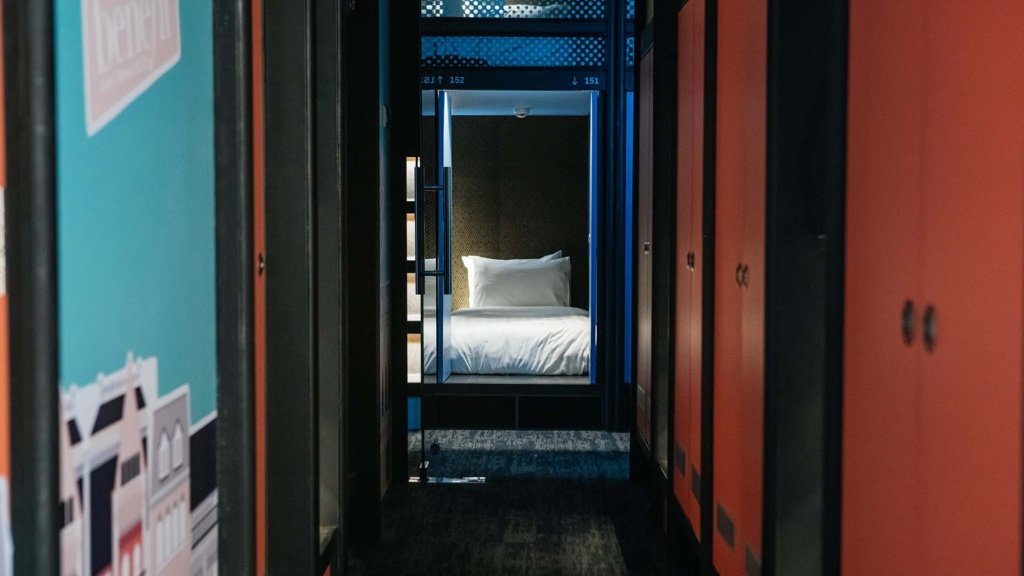
| Category | Rating (1–5) | Notes |
|---|---|---|
| Location | ⭐⭐⭐⭐⭐ (5) | Airside at KLIA2, unbeatable for layovers. No immigration hassle. |
| Design & Ambience | ⭐⭐⭐⭐☆ (4) | Futuristic, minimal, efficient. Corridors quiet, pods glow with calm. |
| Pod Comfort | ⭐⭐⭐⭐☆ (4.5) | Small but perfectly designed. Mattress firm, outlets accessible, lighting intuitive. |
| Food & Amenities | ⭐⭐⭐⭐☆ (4) | No kitchen, but access to terminal dining. Showers and lounge are thoughtful additions |
| Hospitality | ⭐⭐⭐⭐☆ (4) | Staff efficient, unfussy, friendly. Understand the traveler’s fatigue |
| Value for Money | ⭐⭐⭐⭐⭐ (5) | Hourly pricing makes it a savior for long layovers. Cheaper than a hotel, better than a chair. |
| Overall | ⭐⭐⭐⭐☆ (4.5) | A stopover sanctuary. Not luxury, but liberation |
Closing Reflections – The Pause Between Journeys
When I think back on that layover, it isn’t the duty-free shops or the food court smells that I remember. It isn’t the announcements or the endless shuffle of travelers. It’s the pod. That small, sealed space where time bent, where exhaustion gave way to rest, where transit became temporary belonging.
Airports are supposed to be places of movement. But sometimes, what you need most is to stop.
The Capsule Hotel at KLIA2 gave me that. Seven hours of silence in the middle of noise. Seven hours of sleep in the middle of transit. Seven hours of being human in the middle of being in-between. And maybe that’s the truest kind of travel luxury. Not infinity pools. Not chandeliers. Not marble lobbies.
But silence. Sleep. And the chance to arrive as yourself.


